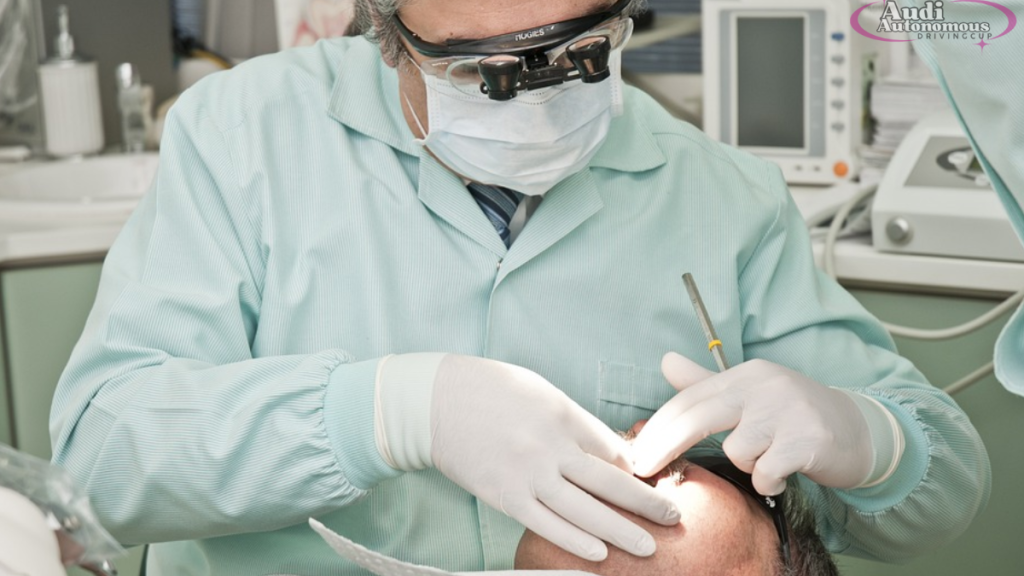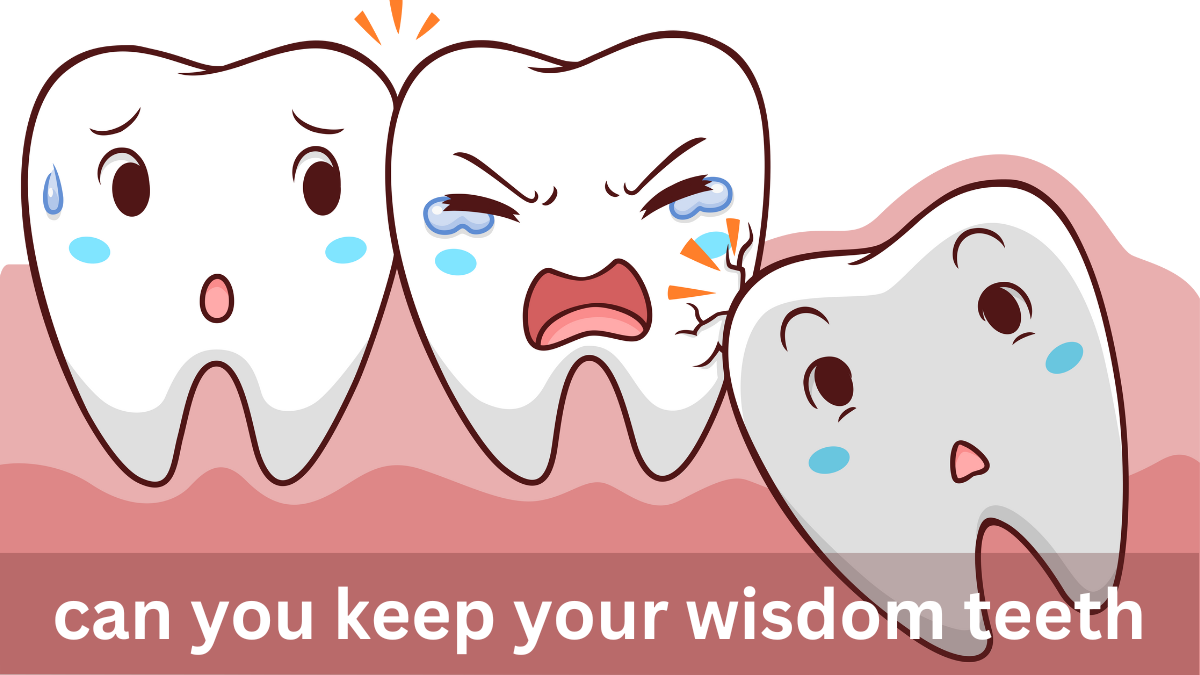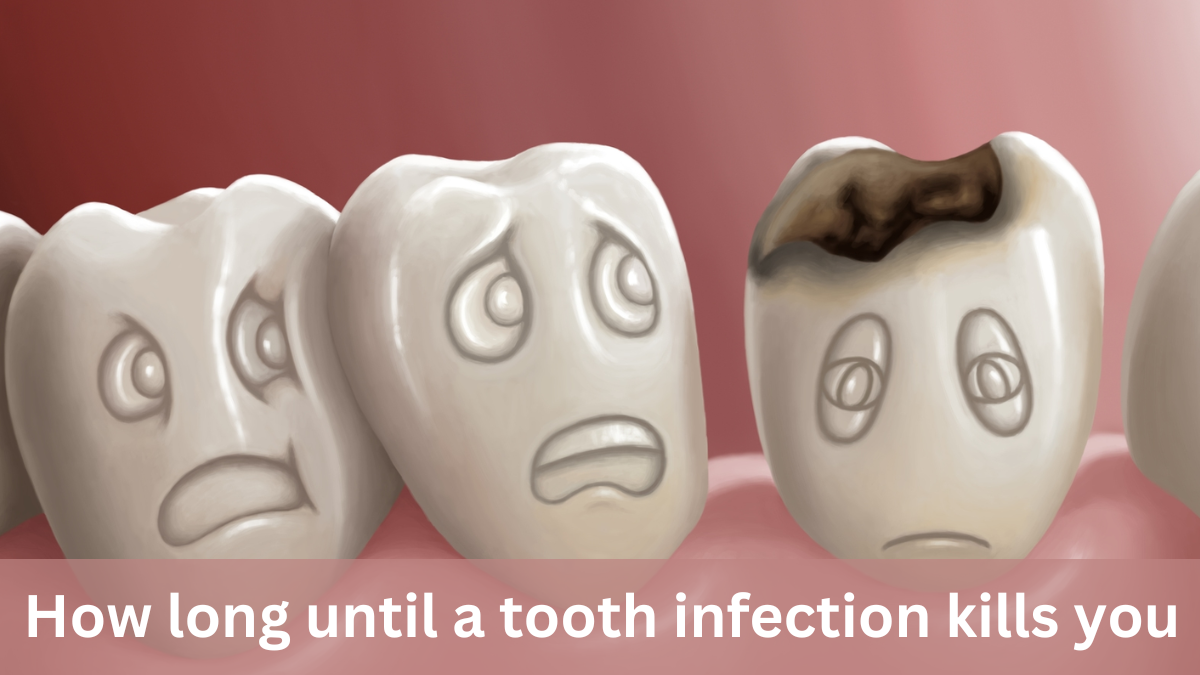Table of Contents
Can you keep your wisdom teeth? This is a question many people ask as they reach adulthood. Wisdom teeth, or third molars, are the last to come in, usually in your late teens or early twenties. For some, these teeth cause no trouble, while others can lead to pain, infections, or overcrowding. Can You Keep Your Wisdom Teeth This article will uncover surprising facts and insights to help you decide whether keeping your wisdom teeth is right for your dental health.
What Are Wisdom Teeth?
Wisdom teeth often emerge at the back of the mouth, leading many to question whether to keep or remove them. While some patients choose to keep their wisdom teeth, others may require wisdom teeth removed due to issues like teeth crowding or pain. Dental professionals recommend consultation with your dentist to assess the risks and benefits, including whether wisdom teeth can cause infections or other complications like tooth loss.

Common Problems Caused by Wisdom Teeth
Impaction is one of the most prevalent problems with wisdom teeth. This happens when your wisdom teeth lack room to grow properly. Impacted wisdom teeth can push against other teeth, causing pain, swelling, and sometimes infections. Other problems include:
- Overcrowding: If your mouth is too small, your wisdom teeth may not fit correctly, leading to crooked teeth.
- Cavities and Decay: Wisdom teeth are difficult to clean due to their location, which can increase the risk of cavities and decay.
- Gum Infections: When wisdom teeth partially break through the gums, they create pockets where bacteria can build up, leading to gum infections.
These issues often lead to the removal of wisdom teeth, but that doesn’t always mean extraction is the only option. Can you keep your wisdom teeth under certain conditions? Let’s explore. Click here to read more about Health.
When Should Wisdom Teeth Be Removed?
If your wisdom teeth are causing pain or any of the abovementioned problems, your dentist will likely recommend removing them. Here are some signs that removal is necessary:
- Persistent Pain: Ongoing discomfort in the back of your mouth is a red flag.
- Infection or Swelling: Infections around wisdom teeth can spread and become serious if not treated, making surgical removal of wisdom teeth a necessary option.
- Damage to Nearby Teeth: If your wisdom teeth push against other teeth, they can cause damage, leading to more complicated dental issues.
If you’re experiencing any of these symptoms, it’s time to ask your dentist whether keeping your wisdom teeth is safe.
Also read: Surprising Truth: Can You Keep Your Wisdom Teeth?
Can You Keep Your Wisdom Teeth? Yes, in Some Cases
Not everyone needs to remove their wisdom teeth. Many people live their whole lives without ever having them taken out. Can you keep your wisdom teeth without any problems? The following variables affect the answer:
- Proper Alignment: If your wisdom teeth come in straight and fit well with your other teeth, you might not need to have them removed.
- No Crowding Issues: If your mouth has enough space to accommodate these new teeth, they may not cause any problems.
- Healthy Gums: If your gums remain healthy and there are no signs of infection, keeping your wisdom teeth could be possible.
In such cases, regular dental checkups and cleanings are essential to ensure your wisdom teeth stay problem-free.
How to Maintain Healthy Wisdom Teeth
Maintaining good oral hygiene is key to keeping your wisdom teeth. The following advice will help them keep their health:
- Brush and Floss Often: Wisdom teeth might be difficult to reach, so it’s critical to brush and floss around them with caution.
- Use Antibacterial Mouthwash: This helps prevent bacteria buildup that can lead to infections.
- Visit Your Dentist Regularly: Regular checkups ensure that any potential issues are caught early on, and your dentist can monitor the health of your wisdom teeth.
Keeping wisdom teeth might seem like the easy way out, but it requires dedication to ensure they don’t cause problems later.
What Are the Risks of Keeping Wisdom Teeth?
While keeping your wisdom teeth is an option, some risks are involved. Can you keep your wisdom teeth without facing future problems? Unfortunately, wisdom teeth can develop issues later in life, even if they don’t cause immediate pain or discomfort. Some of the risks include:
- Hidden Decay: Since wisdom teeth are difficult to keep clean, they are more likely to develop cavities that you might not notice until too late.
- Bone Damage: In rare cases, wisdom teeth that remain impacted can cause damage to the surrounding bone structure, especially if there is not enough room for them to emerge properly.
- Gum Disease: If bacteria build up around wisdom teeth, it can lead to more serious gum disease, which might spread to other areas of your oral health.
Even if your wisdom teeth seem fine now, regular dental visits are crucial to monitor potential problems.

Can You Keep Your Wisdom Teeth?
When Removal Is Necessary
Wisdom teeth can result in problems such as teeth crowding, infections, or pain. Dentists recommend surgical removal when wisdom teeth become trapped or cause other teeth to shift. Healthy teeth may be preserved, but wisdom teeth often need removal if they are causing issues. Tooth extraction is often performed for patients experiencing complications with their molar teeth or for those whose wisdom teeth should be removed as soon as possible.
Maintaining Wisdom Teeth
Retaining wisdom teeth is possible if they erupt properly and align well. Keeping wisdom teeth clean is essential, as cavities can form if they aren’t maintained. Patients need to have regular dental checkups and consult with a dentist regarding wisdom teeth. Understanding wisdom teeth and their role in your oral health helps you make an informed decision. Proper care prevents adjacent teeth damage and supports long-term oral hygiene, especially when wisdom teeth need to be monitored closely.
Making the Right Choice
The decision to keep wisdom teeth depends on factors like dental structure and health. Although wisdom teeth can erupt normally, they may still pose risks of wisdom complications. Consultation with your dentist ensures you understand the potential outcomes. Can You Keep Your Wisdom Teeth? Wisdom teeth pulled or retained both require diligent care to prevent tooth structure issues. Following wisdom teeth advice from professionals helps protect your overall dental health and ensures you know whether you need your wisdom teeth removed.
What are the Alternatives for Wisdom Teeth Removal?
For many, the decision to keep or remove wisdom teeth depends on their dental health and professional advice. Removing wisdom teeth is often a straightforward solution to avoid complications, but alternatives to extraction are worth considering in some cases. If wisdom teeth are fully erupted and healthy, and there is sufficient room in the mouth, the benefits of keeping them may outweigh the risks.
Can You Keep Your Wisdom Teeth? However, if they fail to erupt properly or become impacted, extraction is necessary to prevent issues such as tooth decay, cyst formation, or discomfort. Can You Keep Your Wisdom Teeth? Consulting with an oral surgeon can help evaluate whether to retain or remove wisdom teeth. While wisdom teeth extraction may be prudent for those experiencing symptoms, individuals with asymptomatic and healthy wisdom teeth might choose to keep them. It is essential to schedule a consultation to discuss the advantages of retaining wisdom teeth and the risks associated with removal, such as complications like dry sockets.




